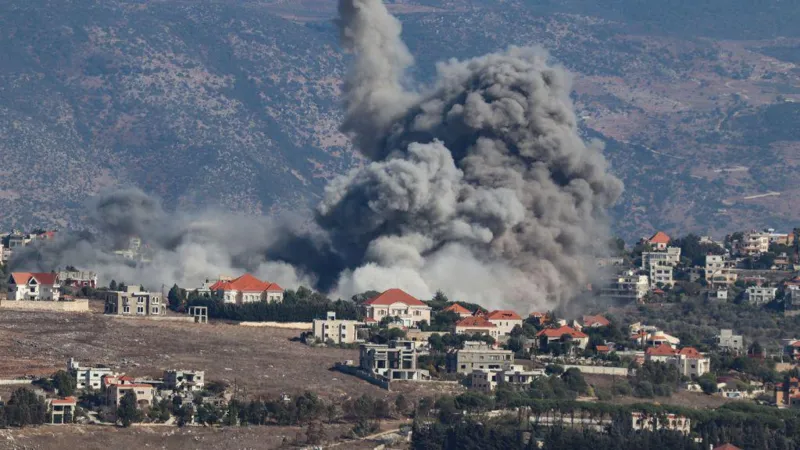Over 600 people have died in Lebanon from Israeli airstrikes since Monday, according to local authorities. Israel’s Prime Minister, Benjamin Netanyahu, has told the military to keep attacking Hezbollah with “full force,” despite calls from the US and other allies to stop the fighting. Lebanon’s health ministry reported that at least 92 people were killed in the airstrikes on Thursday alone. Since the bombing intensified on Monday, hundreds have lost their lives, and fears are growing of a larger war between Israel and Hezbollah.
One of Hezbollah’s leaders, Mohammad Surur, who managed their drone operations, was confirmed dead in an airstrike on a building in southern Beirut. Tensions have risen sharply with Israel increasing its attacks on Lebanon.
International efforts to stop the violence have been underway. On Wednesday, a group of 12 countries, including the US, UK, and EU, proposed a three-week ceasefire. The plan raised hopes for peace, especially after Israel’s UN ambassador, Danny Danon, suggested Israel was “open to ideas.” But by Thursday, Israeli politicians rejected the ceasefire.
While Netanyahu initially welcomed discussions, he later told reporters in New York that Israel wouldn’t stop until they secured the northern region and ensured the safety of its citizens. The US White House said the ceasefire idea had been discussed with Israel, but Netanyahu still insisted the military would continue fighting.
The conflict is affecting many lives. About 70,000 Israelis have had to leave their homes in the north due to the fighting, and in Lebanon, around 90,000 people have fled since Monday, adding to the 110,000 displaced earlier, says the UN.
Israeli forces have been targeting Hezbollah strongholds in southern Lebanon and the Bekaa Valley, and they’ve also hit areas near the Lebanese-Syrian border, aiming to stop weapons from reaching Hezbollah. Meanwhile, Hezbollah fired dozens of rockets and missiles into northern Israel, with Israeli forces intercepting some, even one from Yemen.
Israel’s military leaders, like Gen. Herzi Halevi and Air Force Commander Tomer Bar, have told their troops to prepare for a possible ground invasion of Lebanon. At the same time, calls for de-escalation keep coming from international leaders.
Qatar criticized Israel for the heavy bombing, and US Defense Secretary Lloyd Austin said that while Israel and Hezbollah are on the brink of a bigger war, diplomacy is still possible.
To support its military efforts, Israel has secured $8.7 billion in aid from the US, including $3.5 billion for military needs and $5.2 billion for defense systems like the Iron Dome.
BBC reported these ongoing developments as the situation continues to unfold.
https://www.bbc.com/news/articles/c20jx85vxwdo

